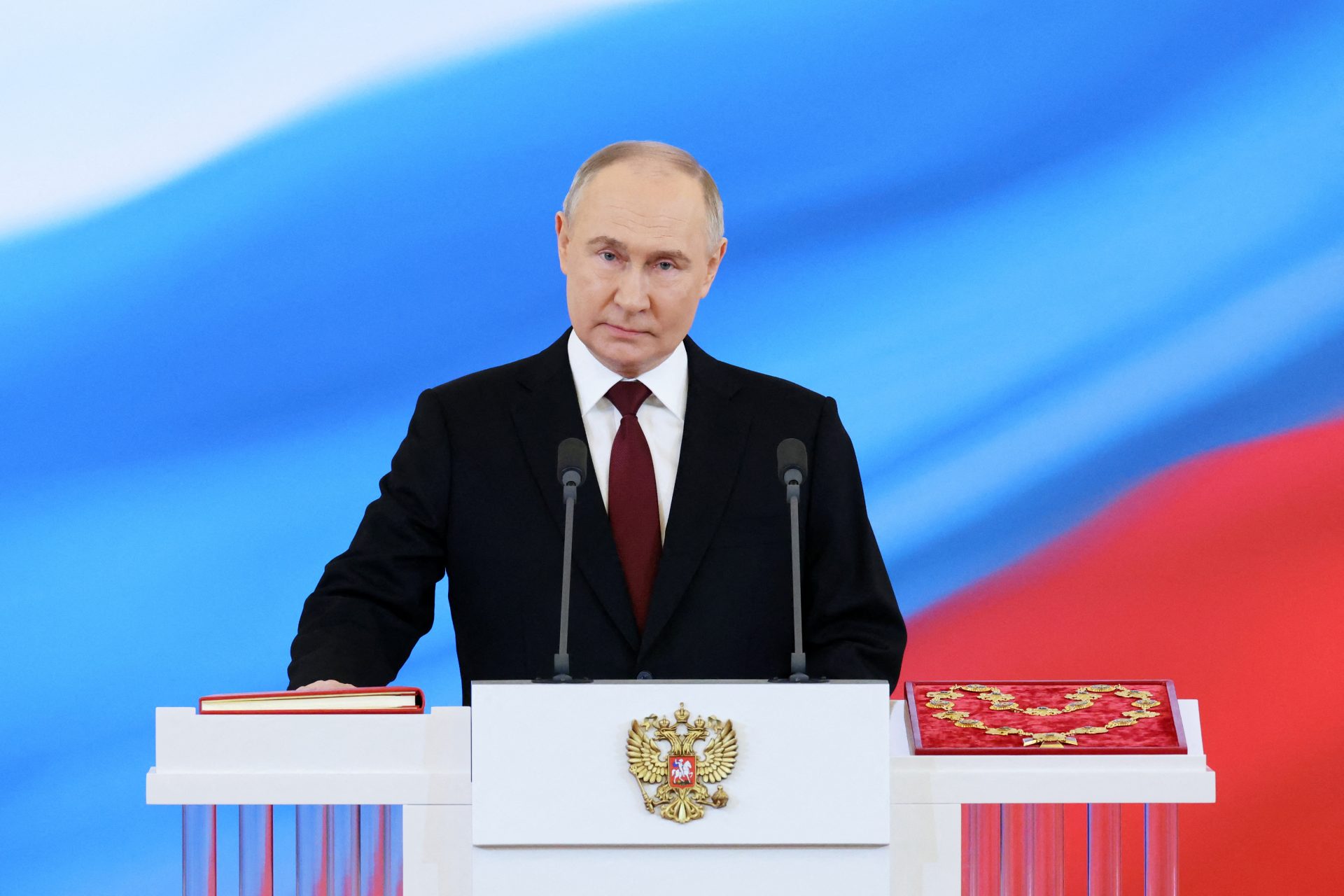Why being overweight and Covid-19 are a dangerous combination
Doctors have noticed that a good number of Covid-19 patients with severe symptoms are obese. Until now, there wasn't any clear explanation for it.
Recently, however, Stanford University researchers presented their findings about the relation between body fat and Covid, and media like the New York Times broke them down for the general reader.
The study, done by Stanford Medicine researchers Tracey McLaughlin and Catherine Blish, argues in very basic terms that the virus 'hides away' in fat issue and, as such, it avoids the body's immunological response.
The research found that, in the bodies of overweight Covid-19 patients who were seriously ill or had passed away, the virus had created a hidden reservoir within their fat tissue. As such, it made it harder for their bodies to fight back.
Within fat tissue the virus can evade immune defenses, as these tend to be ineffective there. The more weight a person has, the more hiding spots the virus can find.
In lay terms, the study says that body fat functions as a holiday destination for the coronavirus.
The Stanford University study also found that the virus didn't cause much inflammatory response in the fat cells, but it did cause harm in neighboring cells. And oftentimes the inflammatory response, which is how cells respond to invaders, can be more harmful than the infection.
Doctor Philipp Scherer of UT Southwestern, a specialist in Cell Biology, explains to The New York Times that "Whatever happens in fat doesn't stay in fat. It affects the neighboring tissues as well."
"If you really are very obese, fat is the biggest single organ in your body," Dr. Kass, professor of Cardiology at Johns Hopkins University, told The New York Times. Whatever happens in there, has massive repercussions for the rest of the body.
That's another factor the study supports: the coronavirus has an astonishing ability to reach every part of the body, beyond the respiratory system. This was seen during the most critical time of the pandemic, when traces of the virus were found in many different organs of people who had passed away.
Image: Unsplash / CDC
The research done by McLaughlin and Blish indicates that vaccines and treatments for Covid-19 need to factor in the patient's weight and fat mass.
The study notes a higher Covid-related mortality rate among obese people. That's a fact hospitals have to keep an eye on.
The study also reveals that obese and overweight people are more prone to face 'long Covid,' a condition in which the symptoms of the disease continue long after the infection has passed. This could take months.
Generally, being overweight can come with all sorts of health problems. Carrying more pounds with us, we demand an extra effort from our body that affects the lungs and muscles. Plus, there's vulnerability to diabetes.
The combination of being overweight and not being vaccinated multiplies the risk that a Covid-19 infection evolves into serious illness or death.
In the United States, where obesity is a pandemic in itself, certain population groups refuse getting the shots and become part of a cluster of infection, hospitalization, and death.
The Stanford data show a clear connection between obesity and severe Covid-19, something that is necessary to understand the virus and how to treat it. However, there's still a long way to go. Some medication has shown good results, but nothing is conclusive as of now.
More for you
Top Stories






























